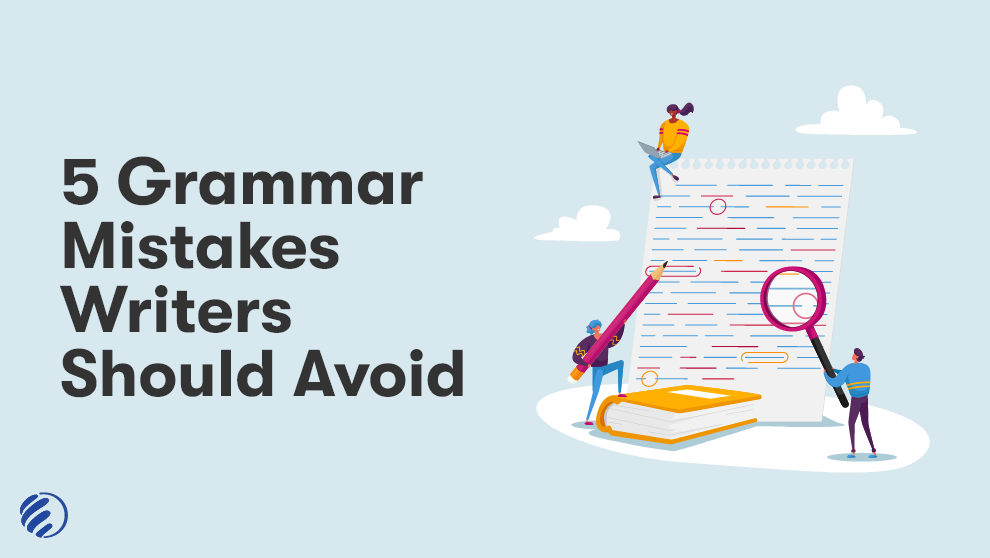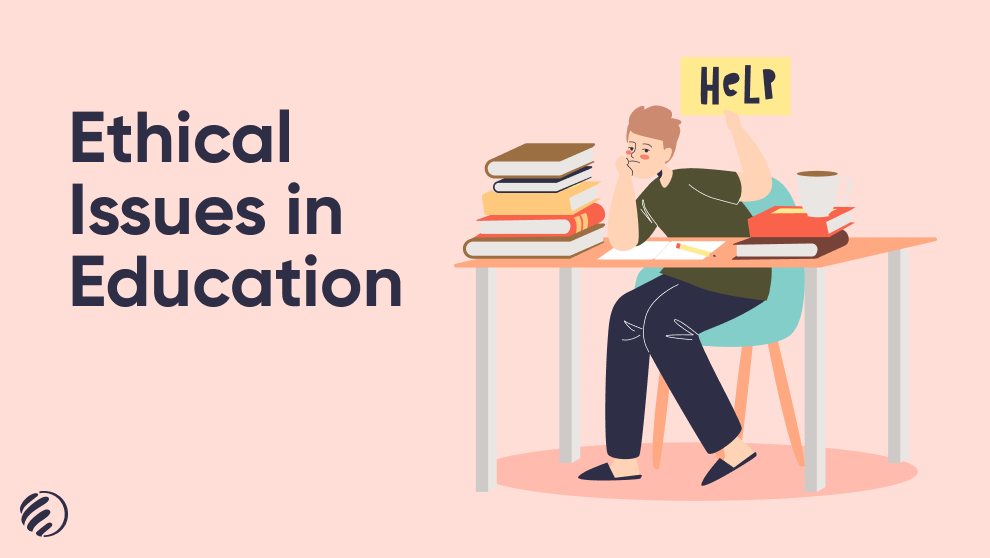The people who want to excel in the writing field and plan to pursue it as a profession must have a firm grip on grammar and be familiar with the rules to make appealing content. The individuals who lack these attributes feel complexity in writing content that can inspire the readers. Being non-native to the English language is one of the biggest reasons for most individuals. Writing in a second language isn’t an easy chore, as you must be unfamiliar with the logic and structure of that language to create an inspiring article. While talking about complexities associated with writing, there are some common mistakes that writers should avoid to create excellent and catchy content easily.
Oblivious About Grammar Rules
Conducting profound research, possessing comprehensive knowledge about the grammatical rules, and proper awareness of the topic you are writing about are the core elements that help you write meaningful content. The writers who don’t have adequate information about the topic repeat the data, and therefore, they couldn’t impress the readers. Similarly, a lack of knowledge about grammatical rules will cause problems, as you won’t be able to explain your ideas or theory adequately. However, well-made research and consultancy from professionals and teachers can be beneficial in acquiring appropriate information regarding the topic.
Complex Structure
The overall structure of the content plays a critical role in increasing its readability. If a writer creates content just to depict his excellence or vocabulary in his brain, he can’t generate compelling content. The primary purpose of writing should be conveying the information to others. If you only want to showcase your strong grip on grammar by using complex and ambiguous words that are difficult for an individual to understand, then trust me, you may not be able to engage people with your content.
Wrong Use of Commas
The commas are used to connect or join two or multiple sentences, but many people out there feel ambiguity while using them adequately. When you join two sentences with a comma instead of splitting them with a collaborating conjunction, that’s a comma splice.
Using a comma for connecting two independent sentences is entirely wrong.
Connecting two independent sentences isn’t one of the roles of commas. However, you can use a semicolon to connect two independent sentences, just like using another connector, for instance, “and,” “but,” “so,” etc.
Which Vs. That
One of the most common mistakes that writers usually make is the wrong use of which and that. The unfamiliarity with the rule to use which or that is the main reason behind making this mistake. As a writer, you must know that If the clause is undeniably valid to the meaning of the sentence, you will use “that.” However, if you could drop the clause and leave the meaning of the sentence intact, use “which.” The following example will help you understand the difference between them.
The police found my car that was stolen yesterday.
My car, which was stolen yesterday, has been found by the police.
It is also important to mention here that placing a comma before which is mandatory. But, don’t place a comma if you have a prepositional phrase, like “in which.”
Unclear Antecedent
An antecedent is a word that we place before a pronoun to increase the understandability of the reader. Mostly, writers usually rearrange the sentences and make them more readable to avoid any confusion. For instance,
Wrong: “My friend found the car, and he was happy.”
Correct: “My friend was happy when he found the car.”
Bottom Line
Writing isn’t as simple as it seems and needs a good understanding of the grammatical structure and rules to make a proper sentence. There are many mistakes that writers mostly make, and five of them are explained above. Writers can also use a free grammar check online to correct any sort of grammatical mistakes. It will be advantageous for all those who want to proceed as a professional writer and looking for a way to avoid those grammar mistakes.

 2000 Views
2000 Views 9 Mins To Read
9 Mins To Read Category: Content Writing Tips
Category: Content Writing Tips August 20, 2021
August 20, 2021







